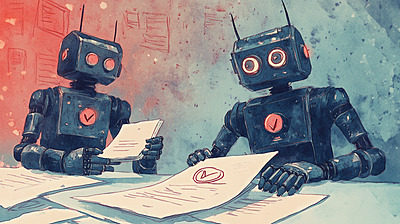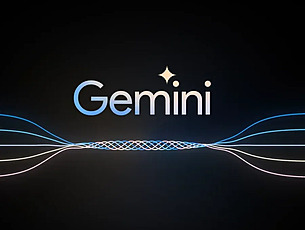
In just seven months, Anthropic’s Model Context Protocol (MCP), launched in November 2024, has quietly become the darling of the agentic AI world. While it’s not yet a formal standard, companies are treating it like one — spinning up servers, building integrations, and placing long-term bets.
Why? Because MCP is shaping up to be the universal translator in a world where AI agents built on different frameworks need to talk to each other — and work together. Unlike legacy APIs, MCP enables secure, context-rich interoperability across tools and agents. Think of it as a protocol built for agents who want to reason, act, and collaborate — without messy middleware.
It’s already attracting serious players. OpenAI, Amazon, MongoDB, PayPal, Cloudflare, and Wix are either integrating or building out MCP infrastructure. The appeal? Granular control, security, and a natural shift from API call complexity to chat-based agent workflows. As Speakeasy CEO Sagar Batchu puts it, “Better-built MCP servers just work better.”
Companies like Wix are leaning in, allowing developers to tap into its services via Claude, Cursor, and Windsurf — directly from IDEs or chat apps. Microsoft’s Satya Nadella and Google’s Sundar Pichai have both backed MCP and its cousin protocol A2A as vital to the emerging “agentic web.”
Still, not every enterprise is jumping in headfirst. Some, like Rocket Companies, are experimenting behind the scenes while waiting for more momentum. Others expect multiple protocols to coexist for now — a necessary phase on the road to standardization.
Bottom line: MCP is quickly becoming more than a protocol — it’s a signal that the AI industry is maturing. And as agents evolve from novelties to workplace collaborators, the need for seamless, secure, scalable interaction will only grow. MCP might just be the glue that holds the future of AI together.







